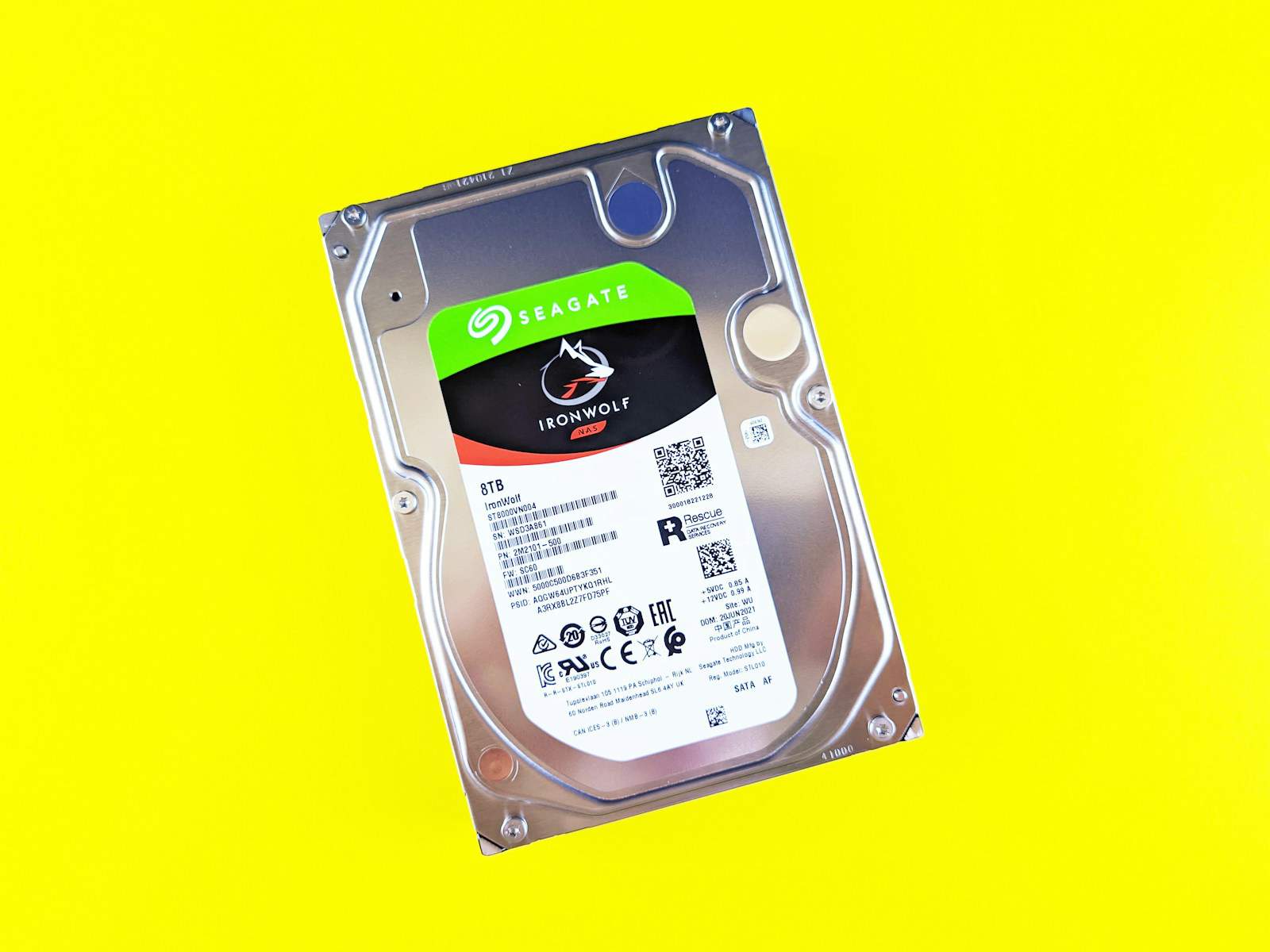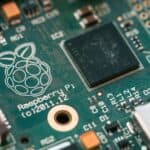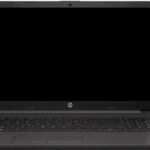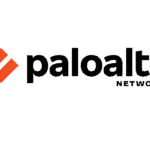Seagate is a well-known brand when it comes to reliable hard drives. With a long history of producing storage devices, Seagate has gained a reputation for creating hard drives that are used worldwide in personal computers, workstations, and servers. Seagate hard drives are designed to provide a balance of performance and reliability. They offer a range of spindle speeds, typically ranging from 5,400 RPM to a faster 7,200 RPM spin rate, which affects how quickly data can be read or written. High spindle speeds often result in better performance, making Seagate’s faster drives a popular choice for users who prioritize quick access to their data.
The endurance of a hard drive is a crucial factor that contributes to its reliability over time. In this aspect, Seagate has made significant progress in technology, with their drives often featuring substantial warranties and support, which reflect confidence in their product’s durability. Some studies suggest that older Seagate drives have a long lifespan, making them a reliable investment for data storage needs. Despite the evolution of storage technology, traditional hard drives like those from Seagate remain useful for bulk storage, where the price-per-terabyte ratio is critical, especially in scenarios such as network-attached storage (NAS) systems or desktop PCs.
Users should consider not only the raw specs of a hard drive but also comprehensive reviews and empirical data that speak to its reliability in real-world use cases. While no hardware can be entirely free of failure, Seagate drives are generally regarded as a robust option among the plethora available to customers. Ultimately, selecting a hard drive is a matter of matching one’s storage requirements with the right balance of performance, reliability, and price.
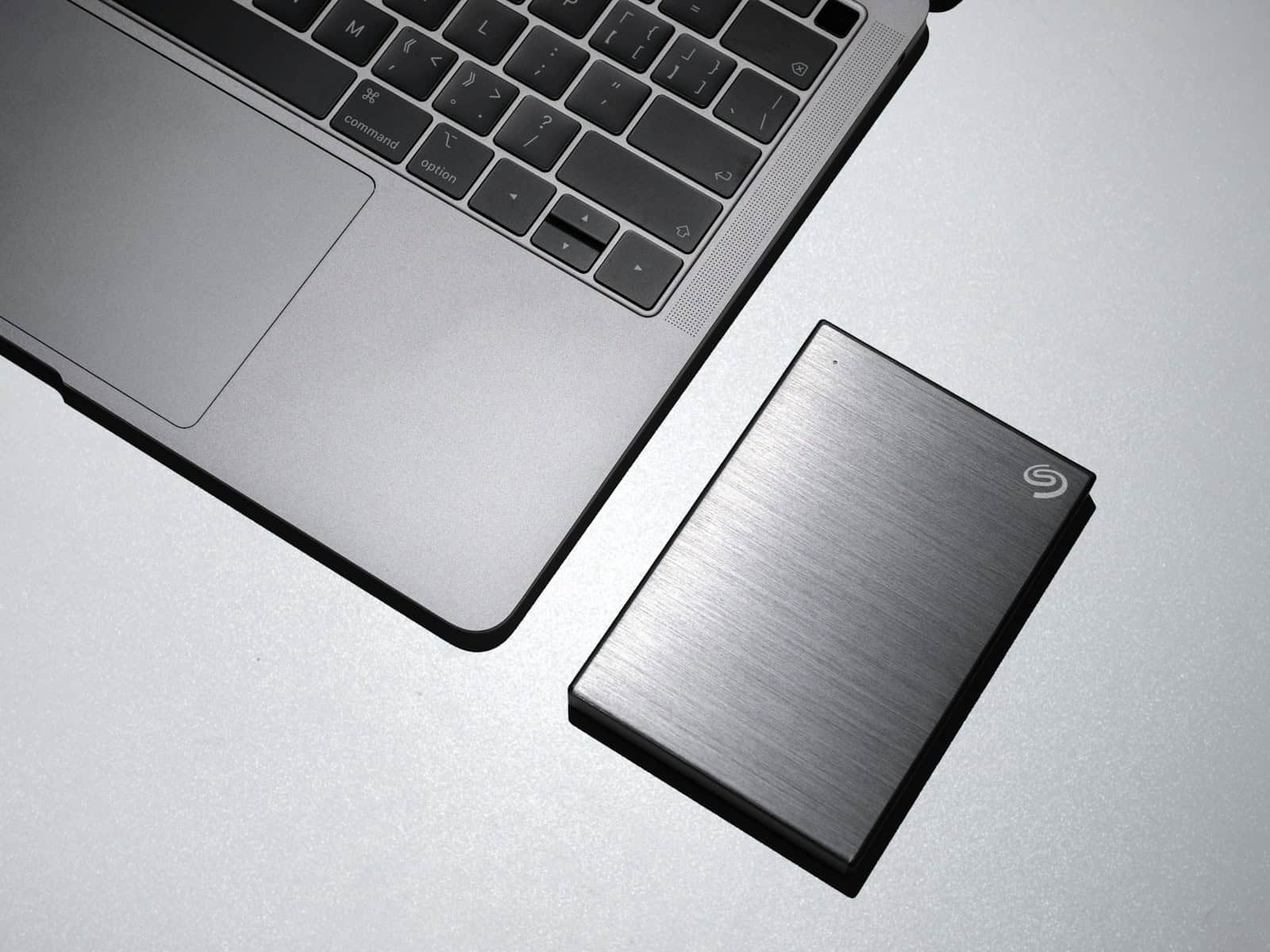
Seagate Reliability: Fact Versus Reputation
Seagate is one of the biggest names in the hard drive industry, but questions about their reliability often linger alongside their popularity. Let’s break down the facts to see if their reputation for unreliability is truly justified.
The Backblaze Data: A Closer Look
Backblaze, a cloud backup company, regularly releases hard drive failure reports based on their large-scale data centers. These reports often spark discussions about Seagate reliability, as some models have historically performed below average.
Important Considerations:
- Workload: Backblaze reports reflect heavy-use server environments, not typical consumer usage patterns.
- Model Variation: Failure rates vary greatly between different Seagate models and product lines.
- Changing Landscape: Seagate, like any manufacturer, continually improves its technology. Older data might not reflect current drive models.
Factors in Seagate Hard Drive Reliability
Here’s a breakdown of elements that impact Seagate (and any hard drive) reliability:
| Factor | Description |
|---|---|
| Drive Type/Purpose | Consumer-grade drives are built for moderate use. Enterprise drives are designed for heavy workloads in servers. |
| Manufacturing Quality | Like any mass-produced item, some degree of manufacturing defects exists. |
| Usage Environment | Heat, humidity, and vibrations can accelerate wear and tear on a drive. |
| Age | All hard drives have a lifespan and are more prone to failure the older they get. |
Should You Buy a Seagate Hard Drive?
Seagate drives can be good choices for many users. Here’s how to make smart decisions:
- Research Specific Models: Look for reliability reviews on the exact model you’re considering.
- Understand the Warranty: Seagate offers varying warranties depending on the drive. A strong warranty provides peace of mind.
- Focus on Enterprise Lines: For mission-critical data, consider Seagate Exos or IronWolf drives, built for heavier workloads.
- Data Backup is Essential: No matter the brand, hard drives can fail. Always have a robust backup strategy!
Key Takeaways
- Seagate offers a range of spindle speeds in their hard drive lineup affecting performance.
- Their drives have a reputation for durability and are backed by substantial warranties.
- In choosing a Seagate drive, one should consider specs, reviews, and real-world reliability data.
Overview of Seagate Hard Drives
Seagate stands as a significant player in the storage industry, with a comprehensive portfolio of hard drives known for their capacity and dependability. They cater to a range of storage demands from personal computing to enterprise data centers.
Brand Heritage and Market Position
Seagate Technology has been a leader in the storage industry for over 40 years. It ranks among top manufacturers such as Western Digital and Toshiba. The brand is synonymous with innovation and reliability in the data storage market.
Product Range and Technologies
Seagate offers a variety of hard drives, including Barracuda for desktops, IronWolf for NAS systems, SkyHawk for surveillance, and the FireCuda series which merges SSD speed with HDD capacity. They offer both internal and external hard drives with storage capacities extending several terabytes. These drives also come in different form factors and cache sizes to suit diverse needs.
Performance and Reliability Factors
Performance and reliability in Seagate hard drives hinge on factors like rotational speed, measured in RPM, and the drive’s cache size. Research shows models like the 6TB Seagate with 80.4 months of average age to be dependable. Enterprises and consumers alike weigh these aspects when choosing storage solutions.
Comparative Analysis
Comparative data from sources like Backblaze reveal insights about hard drive reliability across various brands. The Seagate HDDs frequently match or surpass competitors like HGST, WD Black, and WD Gold in survival rates. This data is informative for users evaluating the endurance of Seagate’s product lineup against the offerings from other manufacturers.

